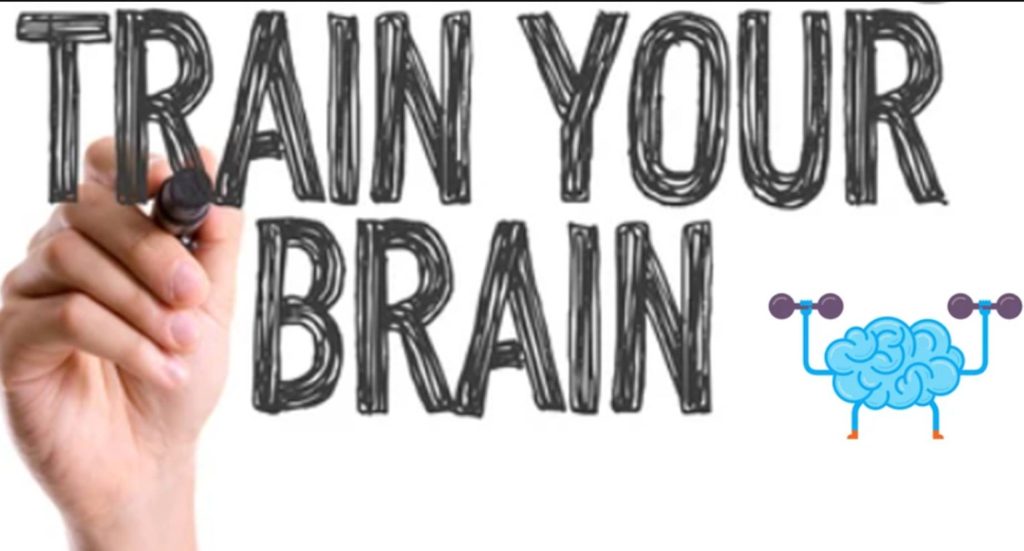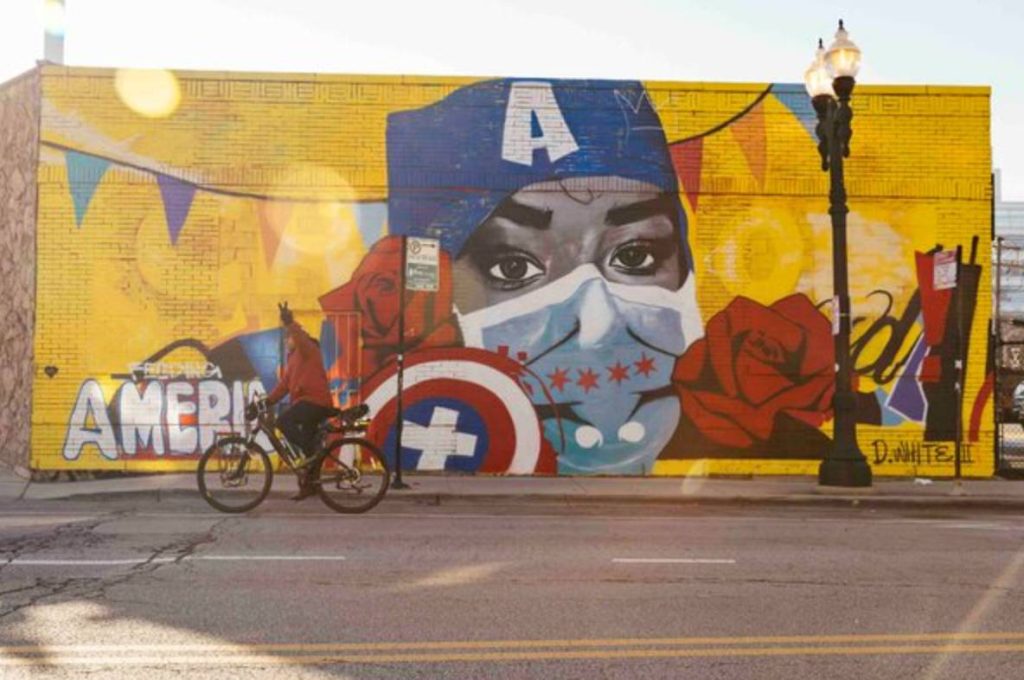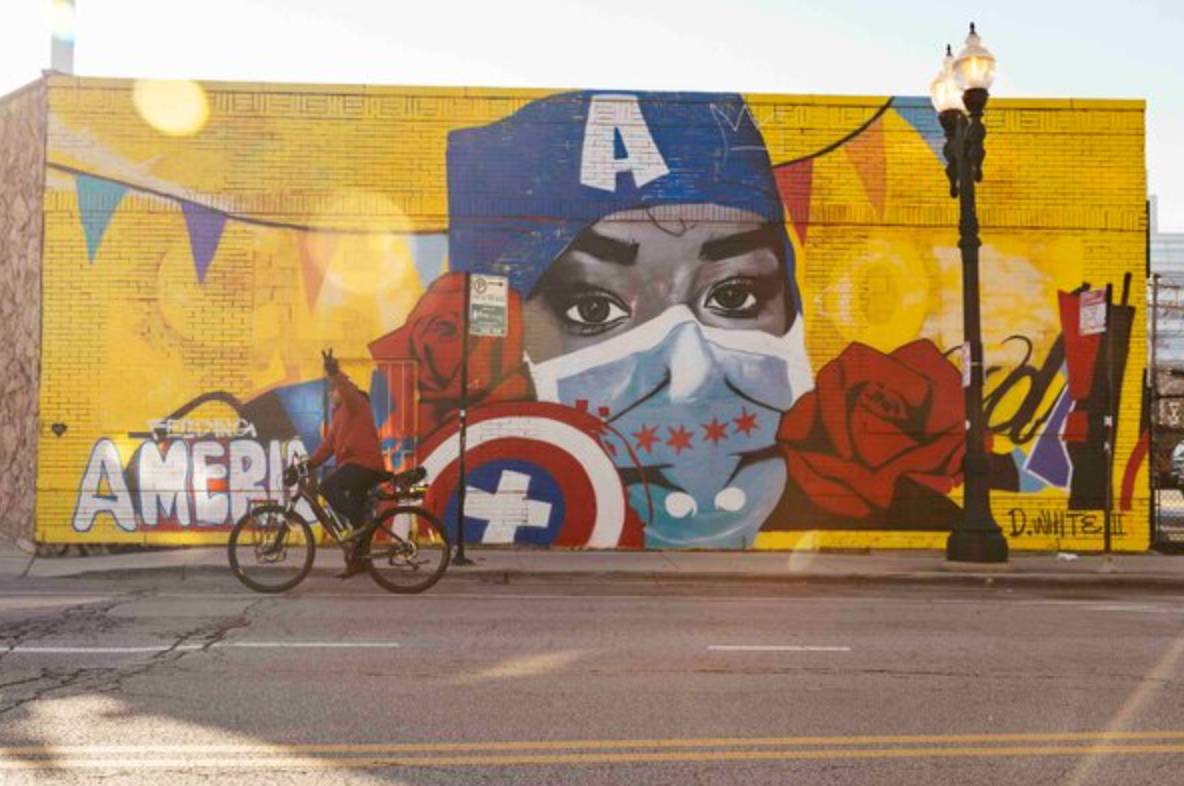Another week, another platform in trouble for allowing its talent to spread misinformation. Among other false and dubious health claims presented on his popular, Spotify-hosted podcast, Joe Rogan suggested that the mRNA Covid-19 vaccines are a form of “gene therapy” and that young people are more likely to contract the disease from vaccination than from disease itself. After revelations that he used a racist slur repeatedly on the podcast, calls for him to be removed have intensified, leading Spotify’s CEO to apologize to employees.


Getting Mr. Rogan kicked off Spotify for the health bunk would not be the best outcome of the scandal. It would be seeing his misleading Covid content in context: It’s just a drop in the ocean of online health nonsense.
Social media, streaming and e-commerce have all contributed to the explosion of medical drivel. Skeptics handed out anti-vaccine pamphlets centuries ago, but today people spreading false health advice can reach millions almost instantly.
There is so much more at stake than Joe Rogan or Spotify. There is a lack of coordination between platforms, lawmakers, and regulators.
Take a stroll down Amazon’s giant virtual health aisles, which has more than 200 million subscribers and millions more customers without subscriptions. There, retailers sell sedative drops, dopamine boosters, and metabolism boosters, all of which possess only dubious evidence of efficacy. Interestingly, one supplement maker claims that it can help HPV “vanish,” while another claims to “cleanse and repair the liver.”
If you’d prefer to read harmful health gobbledygook, Amazon has plenty to choose from. You can study a two-week plan to “kill H.I.V.,” a vaccine “reappraisal” from a doctor promoting homeopathic medicine for childbirth, or “The Truth About Covid-19,” cowritten by Joseph Mercola, an osteopathic physician deemed the single-worst spreader of Covid misinformation.
Gwyneth Paltrow, a notorious peddler of dubious wellness claims like mediumship, energy healing and cold therapy, shares her Goop Lab with Netflix’s 222 million subscribers. A topsy-turvy nutrition documentary, such as “What the Health,” may follow Goop, which makes such overstated claims as drinking milk can exacerbate cancer risks and eating an egg a day is as harmful as smoking. The Magic Pill, a documentary promoting a low-carb, high-fat ketogenic diet for autism and cancer, is available on Apple TV (and Amazon).
The usual places for spreading falsehoods are Twitter, Facebook, and YouTube. It has been estimated that roughly 10 percent of Covid-related tweets and posts contain misinformation. There is a staggering diversity of false Covid claims circulating on social media. Ineffective and potentially harmful medicines, like hydroxychloroquine and ivermectin, have also been promoted as remedies.
We know that misinformation hurts human health, stokes panic, wastes money, and prevents people from exploring options that might have helped. We are also being harmed in less obvious ways by the new fire hose of bunk. Our fractured societies are being hit by it – and we believe it is contributing to the further polarization of society.
Deplatforming or censoring people won’t make quackery disappear. After Twitter and Facebook curtailed his posts, Mercola simply migrated to the newsletter platform Substack, where he’s one of a number of anti-vaccine activists making over $1 million a year by stirring vaccine fears. It takes more than celebrity condemnations and targeted content disappearing to push back against health nonsense. Rather, we need to prevent false or misleading health claims from reaching millions of people.
There will be a lot of work involved in doing this. There will have to be a mix of strategies, tailored to different platforms and groups. The pricing and ranking algorithms of e-commerce sites like Amazon could be adjusted for health products and books that are flagged for misinformation. Furthermore, governments could mandate evidentiary standards for a wider range of health claims than the pharmaceutical and food claims they currently regulate.
Streaming platforms like Netflix and Spotify could fact-check their nonfiction health content. In order to limit the spread of health misinformation, they could provide additional context, such as links to credible information sources. Additionally, they could develop programs to improve media literacy and information literacy.
One of the best ways to prevent health bunks is through education. A randomized-control study conducted in Uganda showed that schoolchildren and their parents can be taught to verify the reliability of health-care claims and make more informed decisions. There would be armies of lie detectors everywhere if similar approaches became mainstream, preventing dubious health figures from ever becoming mainstream.
Furthermore, we need approaches that would affect the entire web, such as raising the stakes for health care professionals who are “weaponizing their white coats” to mislead the public. At the moment, state medical boards focus on individual patient encounters rather than the role doctors may play in healing the masses. Despite frequent comments from the American Medical Association on public-facing physicians, while physician disinformation has worsened in the pandemic, few state boards have reprimanded physicians.
It is equally important for companies and governments to protect other priorities, such as well-functioning markets and freedom of expression. Regardless of tribe, they should be applied consistently to everyone – from liberal lifestyle gurus like Ms. Paltrow to libertarian-leaning talk show hosts like Mr. Rogan. Any approach should be defensible, rooted in evidence, and tempered by humility and empathy.
The good news is that making health claims that are well-informed is easier than ever before. Alongside the torrent of health junk, there has been a quiet revolution to make the best-available research accessible to all. As we described in the Global Commission on Evidence to Address Societal Challenges’ recent report on the importance of scientific evidence, “living” evidence syntheses have taken off during the pandemic. Users have an evolving picture of what the entire research base, not just the newest paper, suggests about a particular issue by accessing these continuously updated documents as new studies are published.
A good living evidence report also examines how findings differ by group and context. The analogy – living guidelines – extends the approach to evidence-based recommendations. However, despite the huge audiences Ms. Paltrow and Mr. Rogan command, these tools remain underutilized by the public and governments.
We should remember that medical bunk isn’t new. In the past, any apothecary could sell almost any drug with whatever claims its manufacturer wanted to make. Pharmaceuticals and marketing campaigns were only regulated by the U.S. government during the 20th century.
Musicians and other celebrities no longer protest dangerous drugs after people have died from taking them. It is the responsibility of drugmakers to prove that their products are safe and effective in order to prevent harm. Before products reach the market, they must provide regulators with evidence to support their claims.
It’s not perfect, but it’s certainly safer than it was a century ago. The freedom of expression remains intact, and the market probably works even better than before. It gives us hope that a new strategy can emerge to combat today’s pseudoscience peddlers just as one did for their predecessors.

